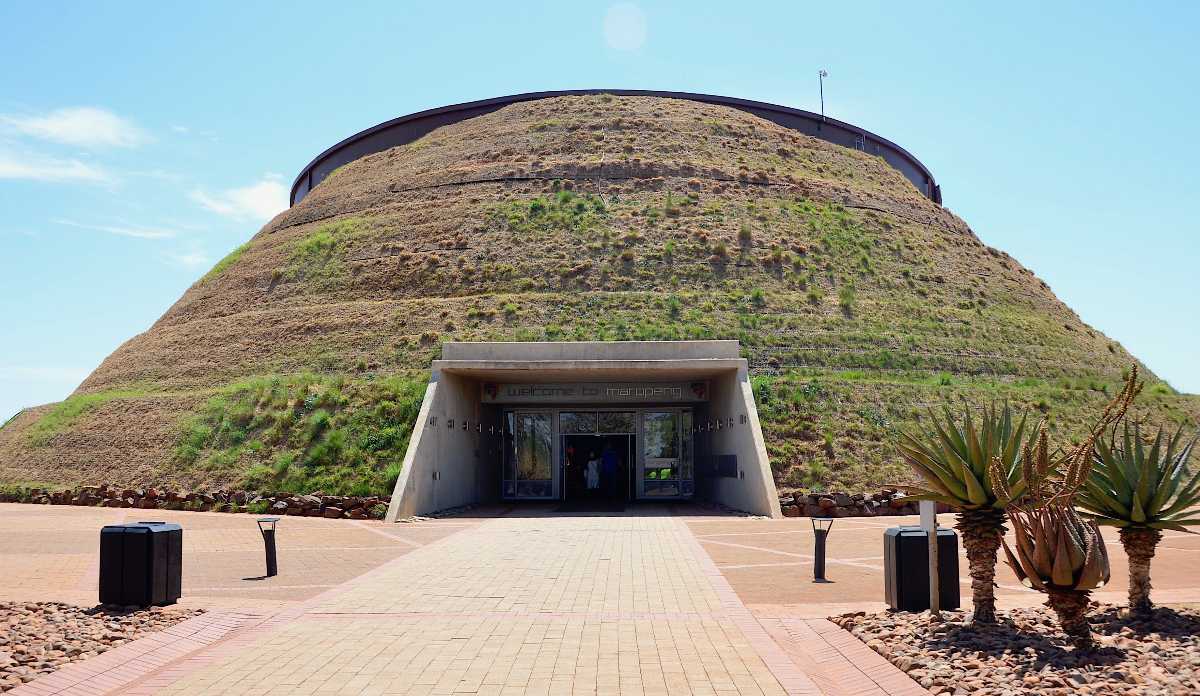Johannesburg North Attractions for Dummies
Johannesburg North Attractions for Dummies
Blog Article
See This Report about Johannesburg North Attractions
Table of ContentsJohannesburg North Attractions Fundamentals ExplainedMore About Johannesburg North AttractionsThe smart Trick of Johannesburg North Attractions That Nobody is Discussing4 Easy Facts About Johannesburg North Attractions DescribedWhat Does Johannesburg North Attractions Mean?The Only Guide for Johannesburg North AttractionsThe 25-Second Trick For Johannesburg North Attractions
However you must keep protection in mind and travelers have to stay alert at all times when in unknown surroundings. Talk to the residents when you remain in town to discover the area you are remaining in. Johannesburg North attractions. When on the road (this does not apply to purchasing malls and other protected settings) best basic recommendations is to try your finest to look like a local and to stay clear of displaying any kind of type of wide range
All about Johannesburg North Attractions
Teacher Revil Mason O. J. (Thomson, 1946) explored the Witwatersrand's pre-colonial history. His archaeological work exploded the 'em pty land' misconception, according to which the area was empty of human habitation prior to the arrival of European inhabitants. In his magazines Prehistory of the Transvaal: A Record of Human Task (1962) and Beginnings of Black People of Johannesburg and the Southern Western Central Transvaal AD 3501880 (1986 ), Teacher Mason demonstrated the level of social and economic development in the area before Europeans established foot below.

How Johannesburg North Attractions can Save You Time, Stress, and Money.
He acted with the federal government's consent, provided after he had testified maintain his explorations key. In 1874, small-scale mining procedures were started in the Magaliesberg, where an Australian, Henry Lewis, had found gold deposits. In 1878, David Wardrop found gold in quartz blood vessels at Zwartkop, north of Krugersdorp. In 1881, Stephanus Minnaar found gold on the ranch Kromdraai, near the Cradle of Humankind.
In March 1886, a protrusion (quickly to be called the Key Reef) was discovered, fairly fortunately, on Gerhardus Oosthuizen's ranch Langlaagte. Some say that the Lancastrian coal miner George Walker uncovered this reef. Another itinerant English miner, George Harrison (who had actually previously operated in Australian mines) gotten a prospecting licence in respect of Langlaagte in May 1886.
He made a decision to go on in a pursuit for greener fields, and disposed of his Langlaagte insurance claim for the baronial amount of 10. Alas: below lay the richest goldfield ever found. The discovery of this rich auriferous reef provoked a gold thrill that signalled completion of agrarian serenity in the southerly Transvaal.
It would certainly, within six years, become the biggest town in southern Africa. Within a years, it would certainly make the Z. A. R. until then an anarchical and bankrupt little state the richest country in Africa. By the millenium, the Z. A. R. was to go beyond Russia, Australia and the USA of America to become the globe's leading gold manufacturer, producing greater than a quarter of the globe's gold.
Not known Facts About Johannesburg North Attractions
It was referred to as Ferreira's Camp, named after Colonel Ignatius Ferreira. He was a Boer traveler upon whom the British authorities had presented the condition of Companion of one of the most Distinguished Order of St Michael and St George (entitling him to the post-nominal letters C. M. G.) in gratitude for his function in the battle that had deposed the Pedi king Sekhukhune in 1879.
Quickly the camp was brimming with tents and wagons as novices showed up daily from everywhere. By September 1886, some 400 individuals resided in Ferreira's Camp, which quickly boasted upraised iron and hardwood structures. Two various other camps were established: Meyer's Camp on the farm Doornfontein, and Paarl Camp. The latter was nicknamed Afrikander Camp; many individuals from the Cape Swarm settled there.

The Greatest Guide To Johannesburg North Attractions
This name acquired currency by word of mouth, their website such that the State Assistant verified the name to the Mining Commissioner on 9 October 1886. Stands in the village were auctioned on 8 December 1886. While some stands were cost 10, others were torn down for as little as sixpence.
2 years later, these erven were to alter hands for as much as 750 each. The tented camps dwindled as a dorp of corrugated iron structures established and expanded north of the mines situated along the Main Reef Roadway. Areas such as Jeppe's Community (where working-class immigrants erected their dwellings) and Doornfontein (where the upscale new 'Randlords' started to create their opulent residences) were quickly contributed to the ever-expanding map of the community.
Johannesburg North Attractions - Truths
Apart from the street names, there were no signs of Johannesburg being located in a Dutch-speaking country., nearly everyone next talked English and even the Federal government slaves resolved one in English, unless they were initial addressed in the Taal (or Reduced Dutch)'.
Britain had a rate of interest in ensuring optimal problems for gold manufacturing on the Witwatersrand, and that the gold was exported to London instead than Berlin a critical provided all the a lot more clamant by the Z. A. R.'s raising toenadering with Germany. Mine proprietors were on a collision course with Head of state Kruger, whose policy of monopolistic concessions (frequently granted to his cronies) avoided mining business from obtaining supplies of products (specifically dynamite) and labour on their own, less expensive terms
Johannesburg North Attractions for Beginners
In 1890, the Volksraad her latest blog had actually restricted the franchise to white guys that had lived in the Z. A. R. for fourteen years or longer, hence disqualifying the majority of the immigrants (who happened to be the major factors to the fiscus). Frustration for the vote was a mere pretext for promoting a various schedule; most uitlanders concerned themselves as temporary visitors and had no intention of remaining in the Z.
Report this page